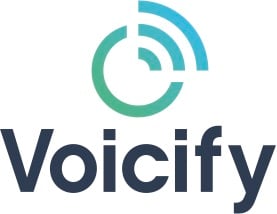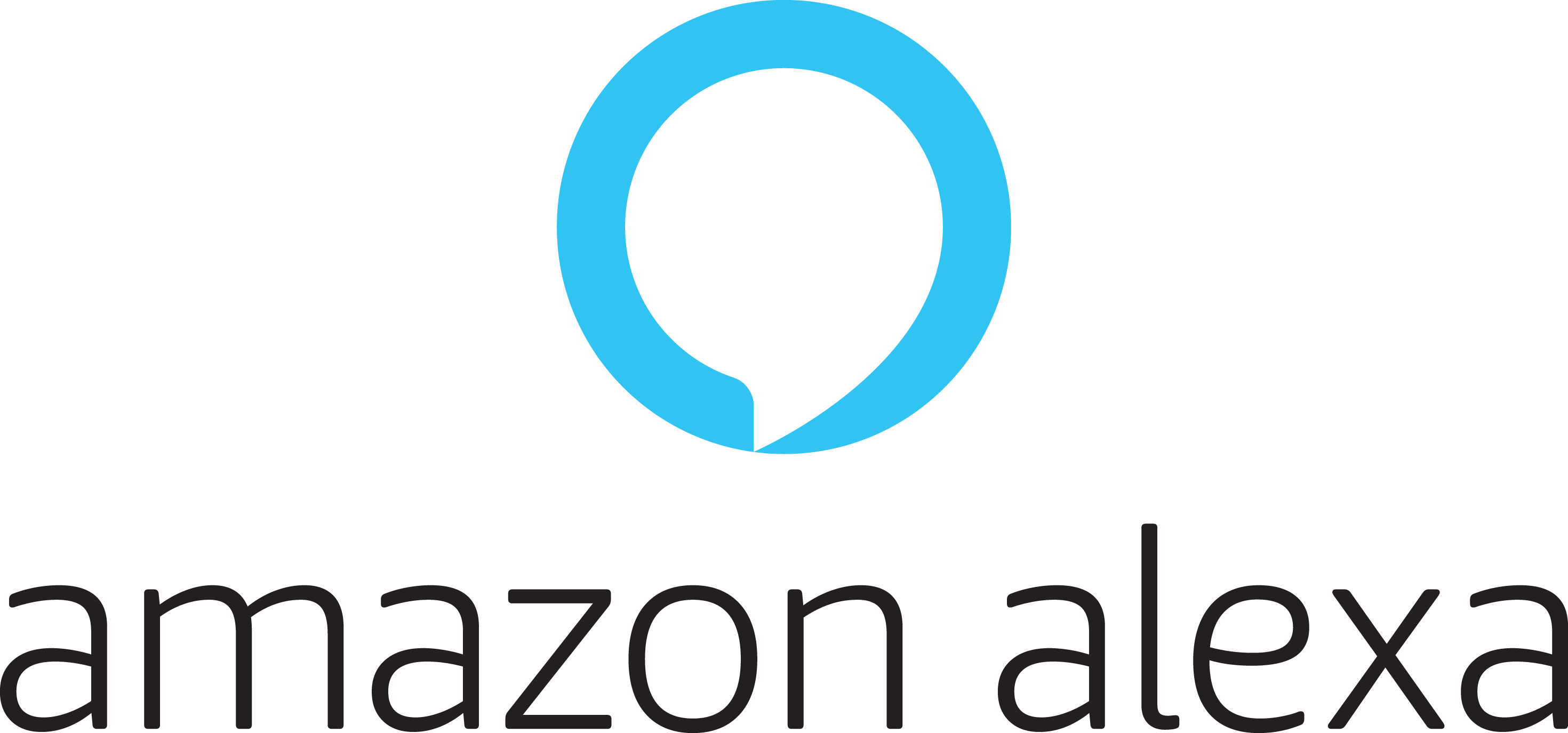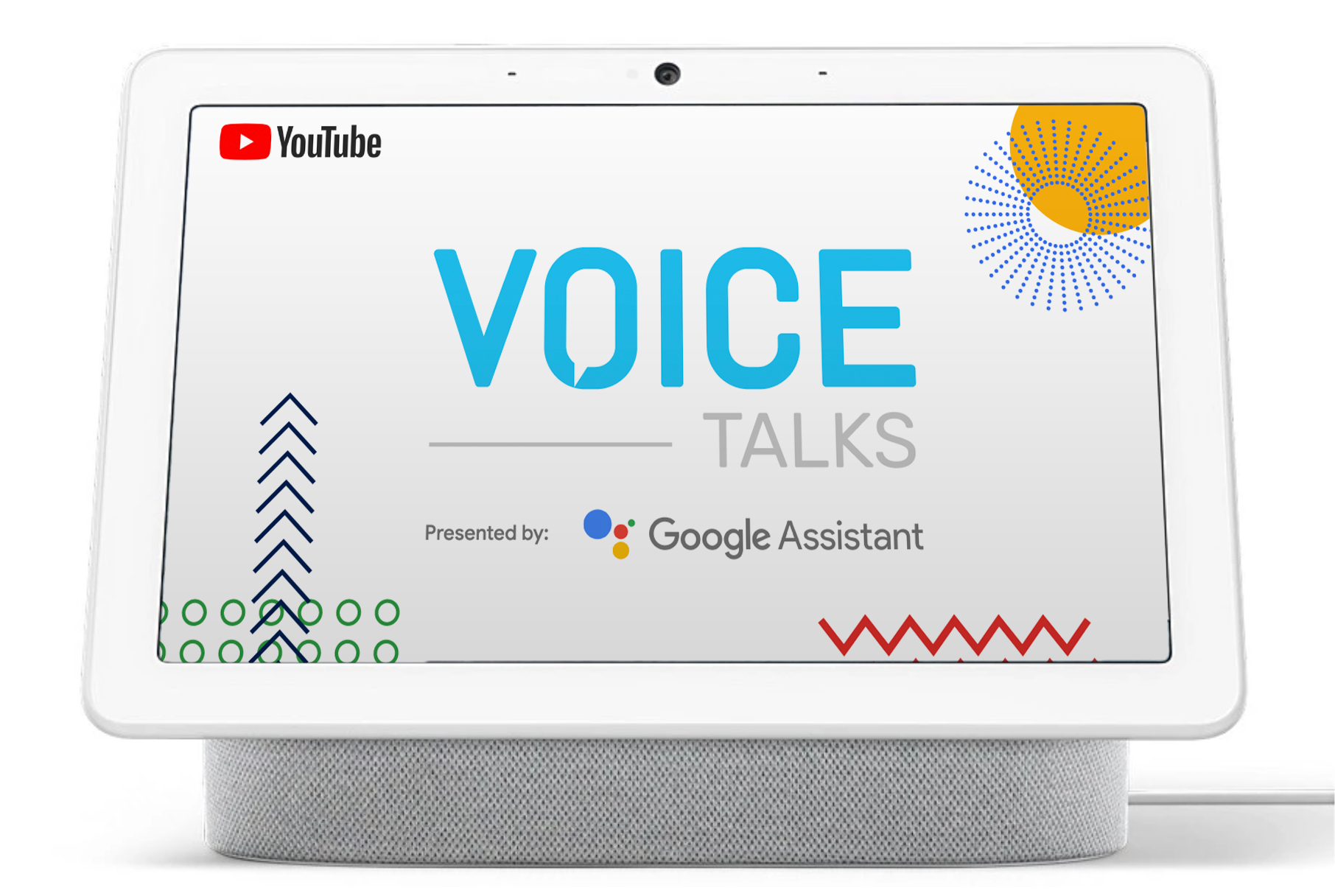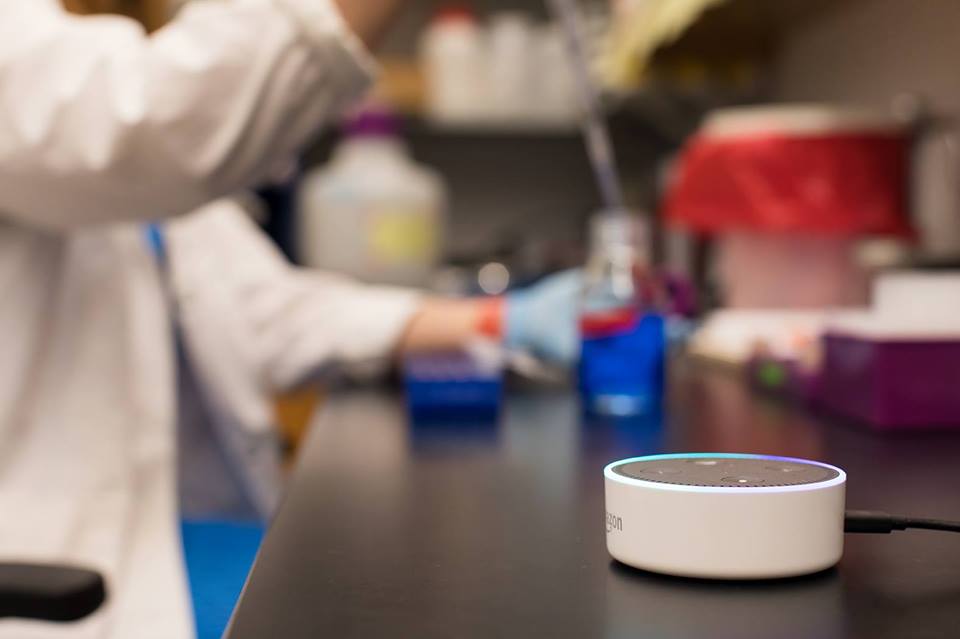
HelixAI Turns Alexa Into a Science Lab Assistant
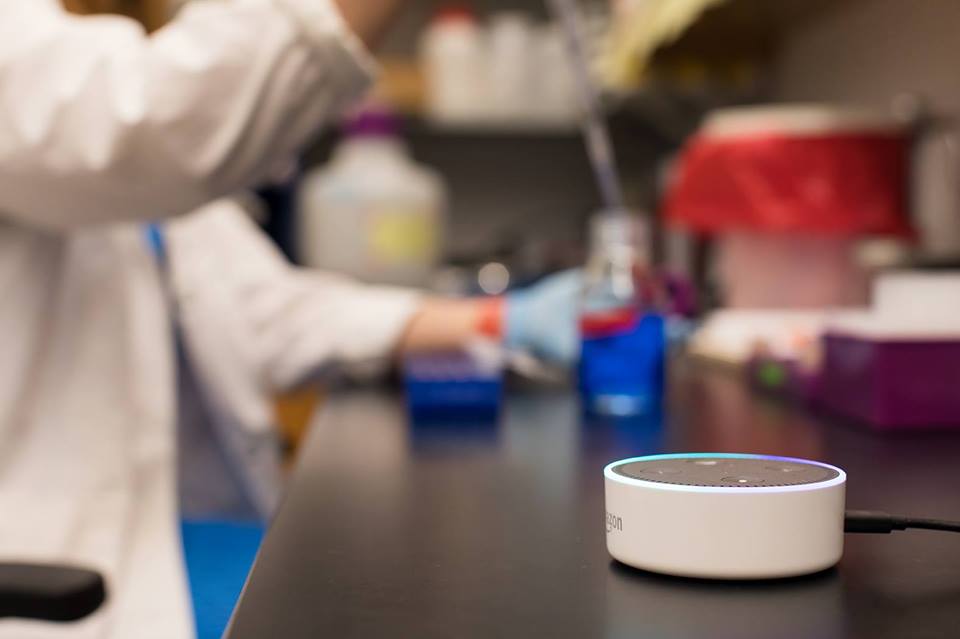 Credit: HelixAI
Credit: HelixAI
"Alexa, what's the solubility of sodium hydroxide?"
"Sorry, I don't know that one."
It's okay, Alexa, neither do we. But not to worry, one Atlanta-based startup is working to change that with their own science-savvy virtual assistant: Helix. Helix is, in simple terms, an Alexa power-up which enables scientists to use her as their own lab assistant. So instead of asking Gary to fetch that dusty book on the shelf or read an online search aloud, scientists can simply say, "Alexa, ask Helix to help me with the recipe for 2M hydrochloric acid solution."
The story behind Helix
As a scientist, DeLacy Rhodes has primarily worked in a lab. And being a microbiology professor at Berry College, she of all people knows how tedious it can be for both lab scientists and students to consult a recipe or a boiling point when their gloved hands are busy handling time-sensitive substances.
That gave her husband, software developer James Rhodes, the idea to bring Alexa's hands-free abilities to the lab.
"We do so much in science where our hands are really busy," DeLacy told Chemical & Engineering News, "so it can be really helpful to have something there that can just tell you what it is that you need to know, be able to answer questions for you, look up information, and remind you of things.”
And so the Rhodes began to work on their startup: HelixAI. Eventually, they tested the software at DeLacy's lab and in 2017, the pair presented their creation at an American Chemical Society meeting, inciting a ripple of intrigued murmurings throughout the crowd.
Today, Helix has grown from proof-of-concept to a demo-ready product inching closer to launch. We'll go over the current features and benefits to give you a better idea of why Helix is such a big deal.
Features
Access scientific information
With Helix leveraging Alexa's smart capabilities, if scientists have a question, all they have to do is ask. So while we're faffing around asking Alexa to play that one song for the 5th time, scientists will be looking up boiling points, consulting molecular weights, and querying protocols. They can also ask about the latest research and see the results visually on an Echo Show or Kindle.
Additionally, scientists can use the Helix web dashboard to customize their virtual lab assistant to relay data, recipes, and protocols specific to their lab. James Rhodes demonstrated this feature by loading Helix with recipes from DeLacy's lab, allowing Alexa to recite them step-by-step for busy (or visually impaired) scientists to follow.
Manage lab inventory
Keeping track of every item in a science laboratory is, well, difficult. You can have a list on the wall or a database on a computer, but you'll still have to stop what you're doing and go check it to find a specific chemical or equipment.
With Helix, scientists can add their inventory through the dashboard so they can ask things like, "Where is my Millon's reagent?" and "Who checked out the extraction thimble?"
Record notes and set reminders
Time is critical in a science lab. Helix lets scientists use Alexa for what she does best: setting timers and alarms. As usual, they'll receive a notification on their phone when a timer is up.
As for note-taking, it's easier for busy scientists to relay their observations to a nearby colleague rather than remove their gloves and scribble it down themselves. Helix lets them record their notes during experiments to keep their observations in order. (Although this feature is more appropriate in smaller labs where 20 people aren't trying to use Alexa at the same time.)
Benefits
Aside from the obvious benefit of getting quick, hands-free help, Helix brings other advantages to the lab.
Saves on resources
When conducting an experiment, scientists may miss a particular observation because their hands were busy or they simply forgot. As a result, that experiment becomes harder to reproduce because the procedure wasn't accurately recorded.
On the other hand, if every step of the way is recorded with Helix, it's much easier to reproduce results next time. This can save labs a considerable amount of time, money, and frustration.
Improves lab safety
Helix can store safety sheets for chemicals and reagents for easy access at any time. This is much faster than looking it up online or flipping through a textbook.
Naturally, having safety information on-demand means it'll be easier to follow them during experiments.
Provides visibility on lab activities
What happens in the lab shouldn't always stay in the lab. Helix creates a "digital footprint" of what goes on to help identify mistakes and bottlenecks.
Of course, this is where the ever-looming issue of privacy fogs up the scene. Will Helix record everything that happens in the lab? Will scientists have to worry about their employers catching a sly remark on record? How can they be sure private recipes won't be ousted to other labs?
We reached out to HelixAI for comment.
What's next for HelixAI
In 2018, HelixAI made the list of nine companies selected to participate in the Amazon Alexa Accelerator program, which backs companies developing new voice-driven experiences.
This invitation means they'll be working directly with the Amazon Alexa team to improve their product, add more features, and move faster towards a launch date. Although, if you're anxious to try Helix out already, you can ask for a demo and sign up for updates on their progress.
On a related note, you should also consider taking a 3-day trip to New Jersey and meeting us at the VOICE Summit this July. You'll have the chance to be surrounded by incredible startups just like HelixAI, along with industry experts and jaw-dropping demos you wouldn't see otherwise.
Who knows, HelixAI may even be there to showcase their virtual assistant. Save your seat here to find out.


